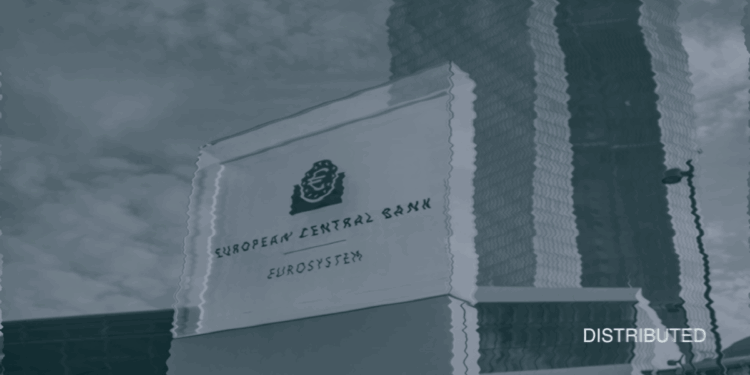- ECB President Christine Lagarde expressed confidence that inflation will stay near the 2% target.
- Economic risks remain, with concerns about the impact of rising oil prices due to conflicts in the Middle East, among others.
Europe’s economic struggles have taken center stage as the European Central Bank (ECB) cut interest rates for the third time this year. Despite inflation appearing to be under control, the region’s economic growth continues to disappoint, raising concerns about the future.
The ECB’s latest decision to cut rates marks a significant shift. For the first time in 13 years, the central bank has implemented back-to-back rate cuts, indicating that the fight against inflation is no longer the only concern.
Prices in the Eurozone have reportedly risen by just 1.7%, a contrast to the inflation of the past three years. This has allowed the ECB to shift its focus to economic growth. ECB President Christine Lagarde noted that the “disinflationary process is well on track,” signaling that the ECB is confident inflation will remain near its 2% target for the foreseeable future.
“Accordingly, the interest rates on the deposit facility, the main refinancing operations, and the marginal lending facility will be decreased to 3.25%, 3.40%, and 3.65%, respectively, with effect from 23 October 2024,” ECB announced on Thursday.
However, Lagarde warned of looming economic risks, including the possibility of new trade tariffs from a potential Trump presidency in the U.S. and the impact of oil prices due to conflicts in the Middle East.
See Related: President Of European Central Bank Believes Crypto Is ‘Worth Nothing’
Economic Data And Rate Cuts
While the ECB has not officially committed to further rate cuts, sources suggest that another reduction in December is possible if the economic data does not improve, Reuters reported.
Markets are already pricing in the likelihood of additional cuts through early 2025, intending to bring rates back to a “neutral” level of around 2%. While inflation has cooled, the economic toll is becoming more evident. High interest rates have stunted investment, and the latest economic data points to more sluggish growth ahead. Industrial output has slowed, and bank lending remains tepid.
The ECB’s Governing Council committed to bringing inflation down to its 2% target over the medium term. Thursday’s 25-basis-point cut lowered the deposit rate to 3.25%, with further cuts anticipated if inflation continues to trend downward and growth remains weak.
Despite the recent rate cuts, Lagarde maintains that a recession is not expected and that the economy could still achieve a “soft landing,” meaning that growth will slow but remain positive. She emphasized that its approach will be data-dependent and that it will make decisions on a meeting-by-meeting basis.



